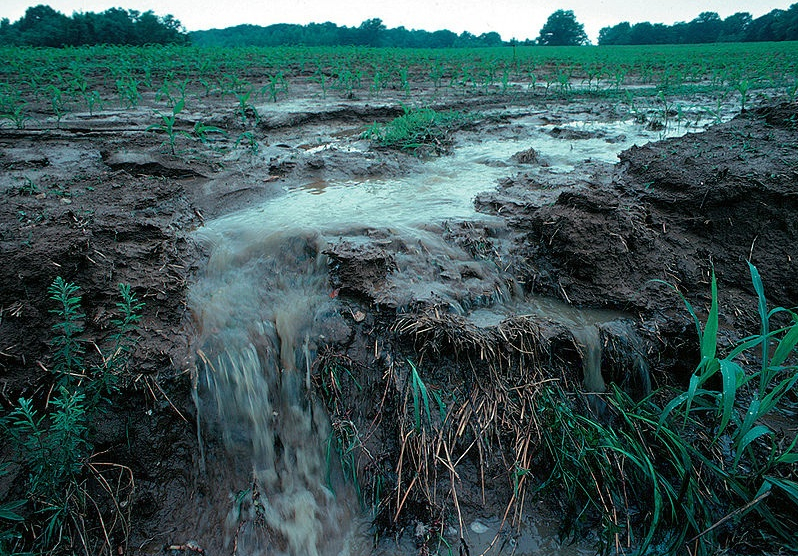Legislative attempt to rollback buffer law passes first hearing
House file #: HF 3000 Authors: Torkelson
Senate file #: SF 2503 Authors: Skoe; Jensen; Koenen; Sparks; Schmit
As anticipated, buffers are back in the news as legislators attempt to rollback the 2015 buffer law.
A pair of bills, authored by representative Torkelson (R) and Senator Skoe (DFL) have been introduced. Senator Skoe's bill has already passed the Senate Agriculture Committee despite opposition from multiple committee-members.
The bill seeks to:
- Memorialize exclusion of private ditches from the buffer law, as Gov. Mark Dayton reluctantly agreed to in January following a threat from legislators to hold back critical clean water bonding investments;
- Restrict public waters covered by the bill only to public waters included on decades-old DNR paper maps, which exclude well over half of all stream miles in some portions of the state;
- Delay until 2025 the requirement that certain public ditches receive 16.5 foot buffers; and
- Remove any requirement that a local watershed authority include Soil & Water Conservation District recommendations for additional stream buffer protections in its local water plan.
Most interestingly, the bill also attempts to undermine state oversight by removing the state's ability to compel local water managers to implement the law. While the original bill allowed the state to withhold state grants and project awards to local watershed authorities that refused to enforce the buffer requirement, the proposed amendment directs the state only to withhold buffer enforcement money from those that are otherwise unwilling to enforce buffers.
As a result, intransigent water management authorities would no longer be penalized for refusing to enforce the law. This in essence offers those communities a free pass from protecting our shared public waters while still providing them access to taxpayer funds intended to clean up waters polluted in part by missing buffer protections.
FMR and our allies are hopeful that Gov. Mark Dayton will stand behind his signature environmental achievement and pledge to veto any bill that undermines full and complete implementation of the 2016 buffer bill.
Learn more about the buffer bill and why it's important for the Mississippi River.
